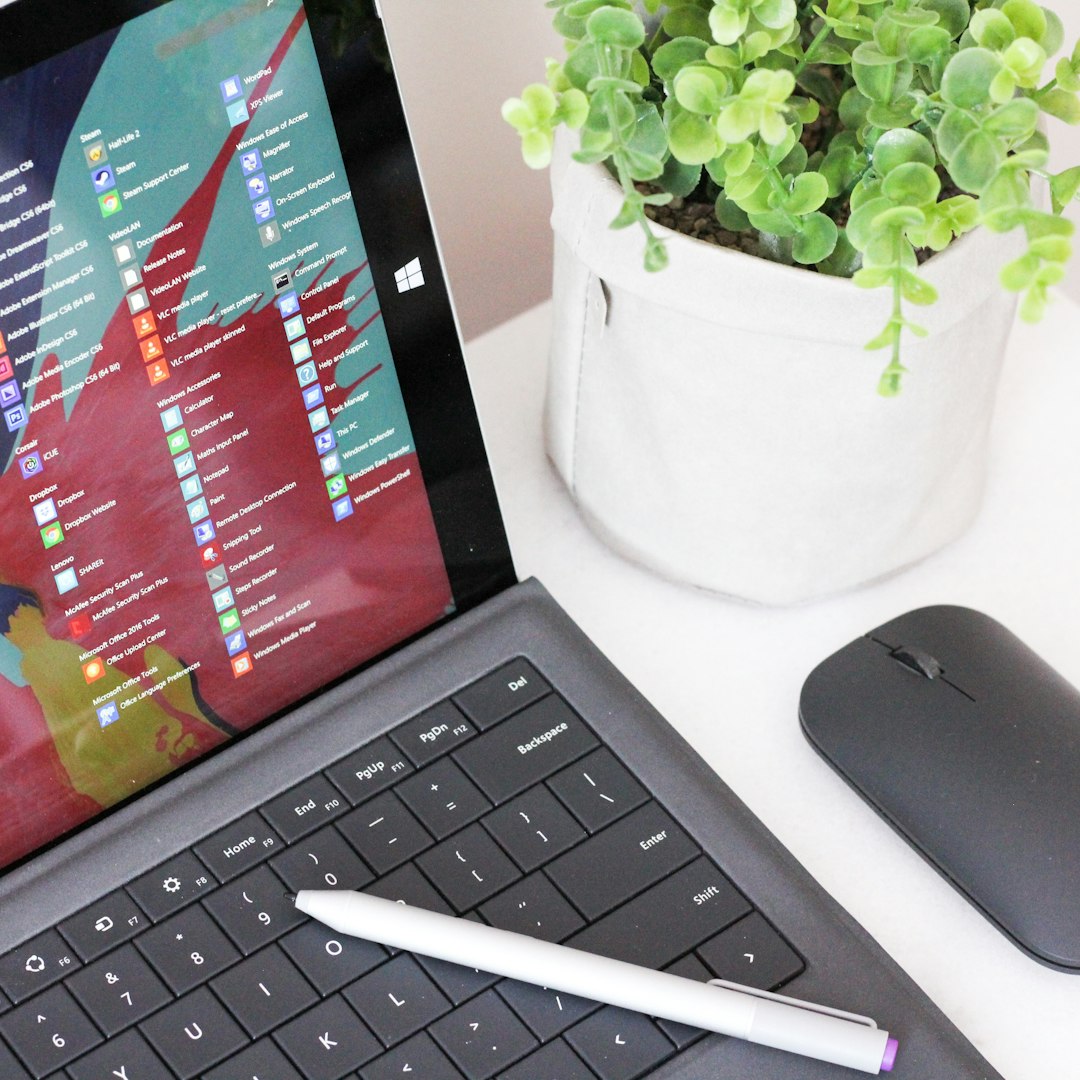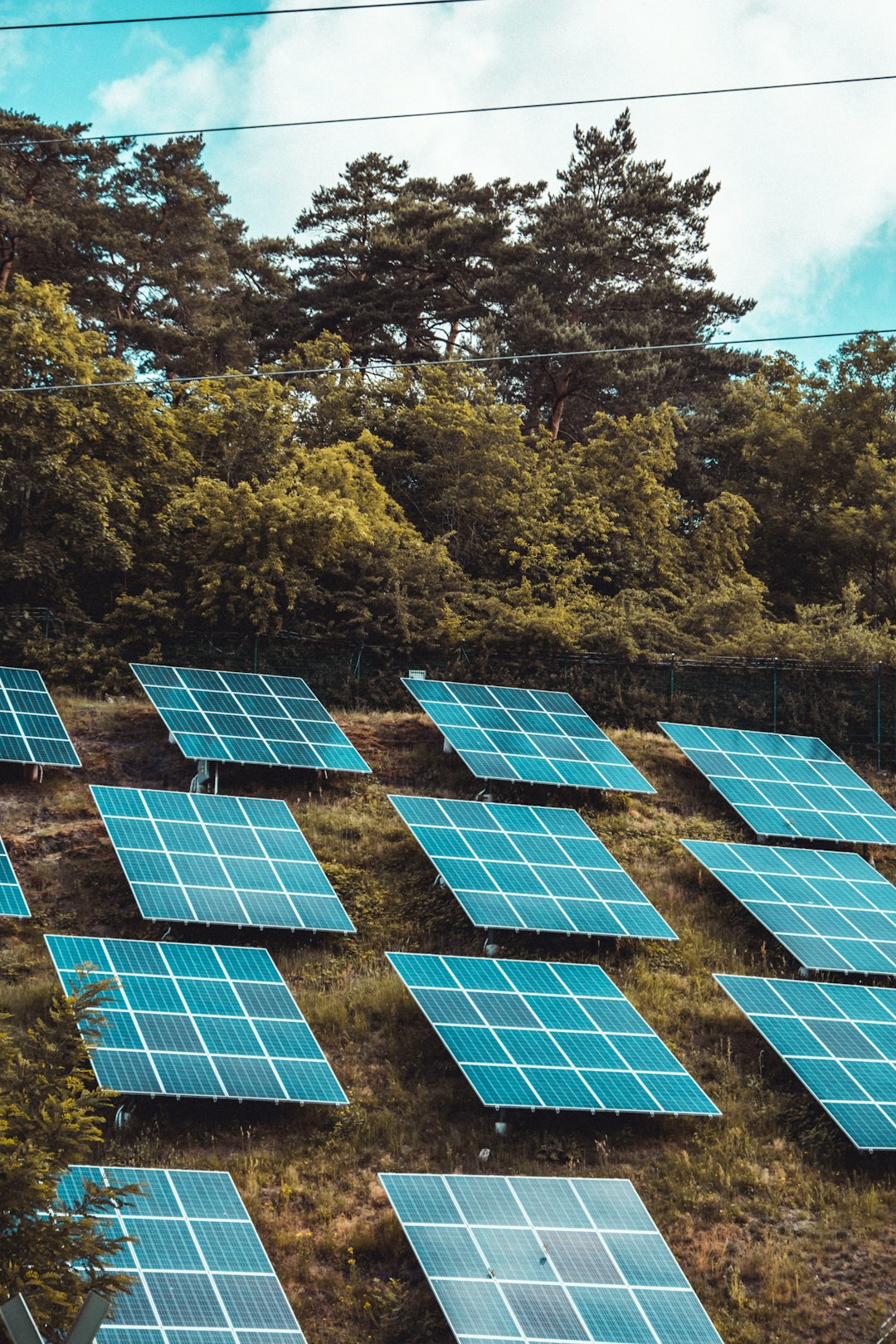The Top 10 Energy-Efficient Upgrades for Your Home
As energy costs continue to rise, many homeowners are looking for ways to make their homes more energy-efficient. Not only does this help the environment, but it can also lead to significant cost savings in the long run. Here are the top 10 energy-efficient upgrades you can make to your home:
1. Insulation
Proper insulation is essential for maintaining a comfortable temperature in your home and reducing energy waste. Adding insulation to your attic, walls, and floors can help keep the heat in during the winter and out during the summer.
2. Energy-Efficient Windows
Upgrading to energy-efficient windows can prevent heat loss in the winter and reduce heat gain in the summer. Look for windows with low-emissivity (low-E) coatings and multiple panes to improve insulation.

3. LED Lighting
Replacing traditional incandescent bulbs with LED lighting can significantly reduce your energy consumption. LED bulbs use less energy and last much longer than traditional bulbs, making them a cost-effective upgrade.
4. Energy-Efficient Appliances
Older appliances tend to be less energy-efficient. Upgrading to Energy Star-rated appliances can help lower your energy usage and reduce your utility bills.

5. Programmable Thermostat
A programmable thermostat allows you to set different temperatures for different times of the day, optimizing your heating and cooling system's energy usage. This can lead to substantial energy savings over time.
6. Solar Panels
Installing solar panels on your roof can generate clean, renewable energy for your home. While the initial cost may be high, the long-term savings and environmental benefits make solar panels a worthwhile investment.

7. Energy-Efficient HVAC System
Upgrading to an energy-efficient heating, ventilation, and air conditioning (HVAC) system can significantly reduce your home's energy consumption. Look for systems with high Seasonal Energy Efficiency Ratio (SEER) ratings for optimal efficiency.
8. Water-Saving Fixtures
Installing low-flow showerheads, faucets, and toilets can help conserve water and reduce your water heating costs. These fixtures are designed to maintain water pressure while using less water overall.

9. Smart Home Technology
Smart thermostats, lighting controls, and other home automation systems can help you monitor and adjust your energy usage more effectively. By optimizing your home's energy consumption, you can save money and reduce waste.
10. Energy Audit
Consider hiring a professional to conduct an energy audit of your home. This comprehensive assessment can identify areas where energy is being wasted and provide recommendations for energy-efficient upgrades tailored to your specific needs.
By implementing these energy-efficient upgrades, you can make your home more environmentally friendly and save money on your energy bills. Plus, many of these upgrades may qualify for rebates or tax incentives, making them even more cost-effective in the long run.